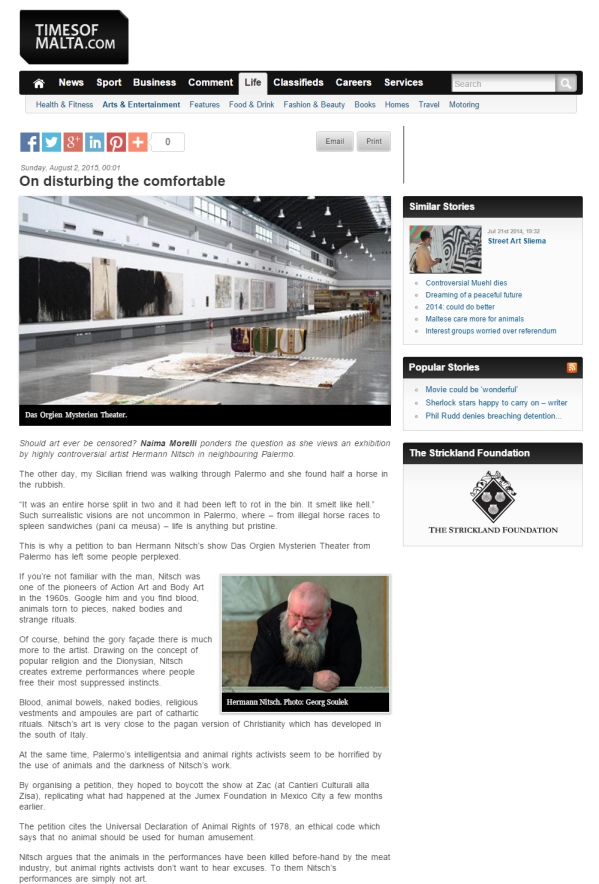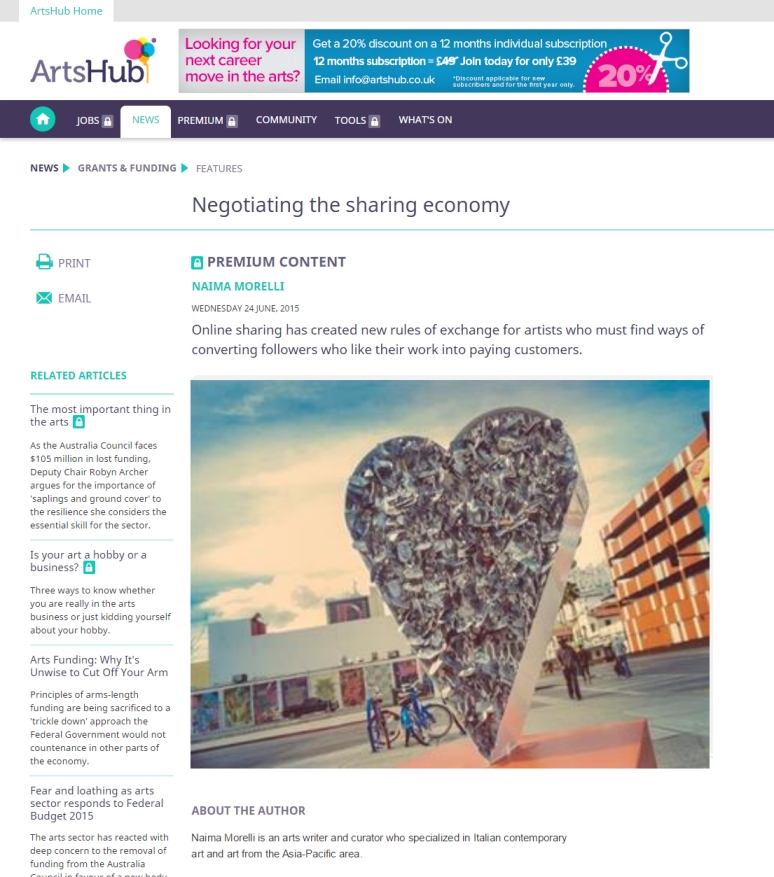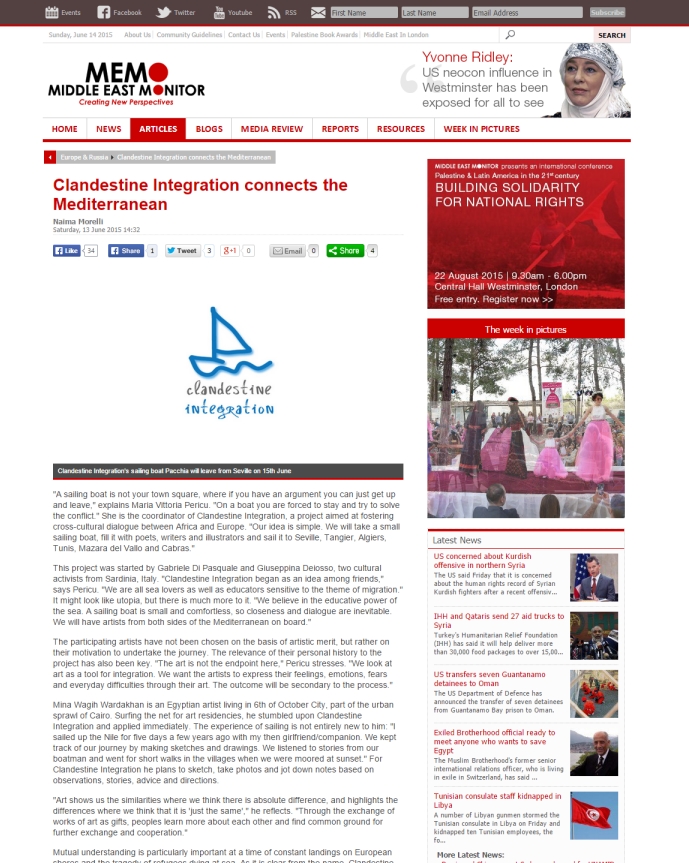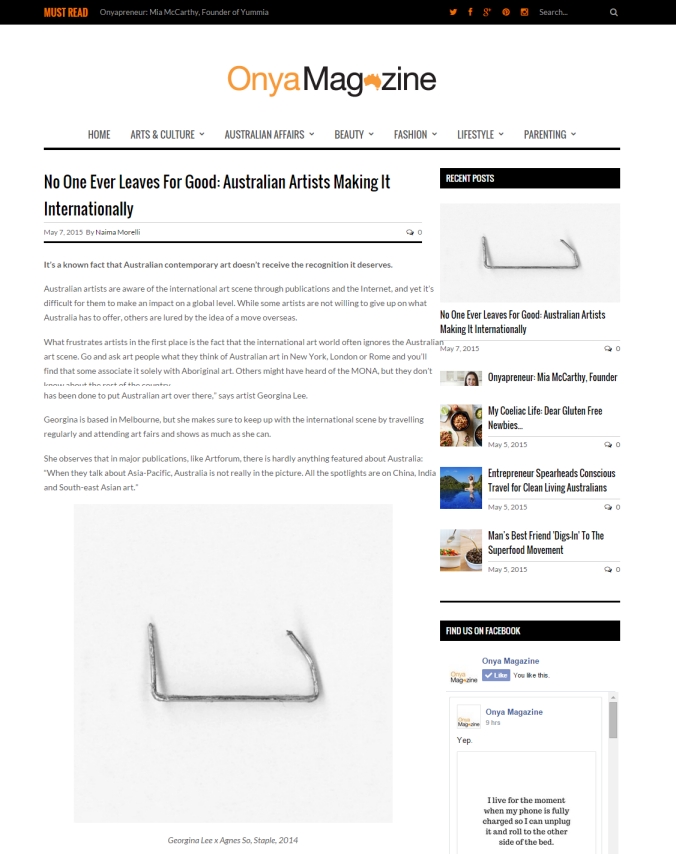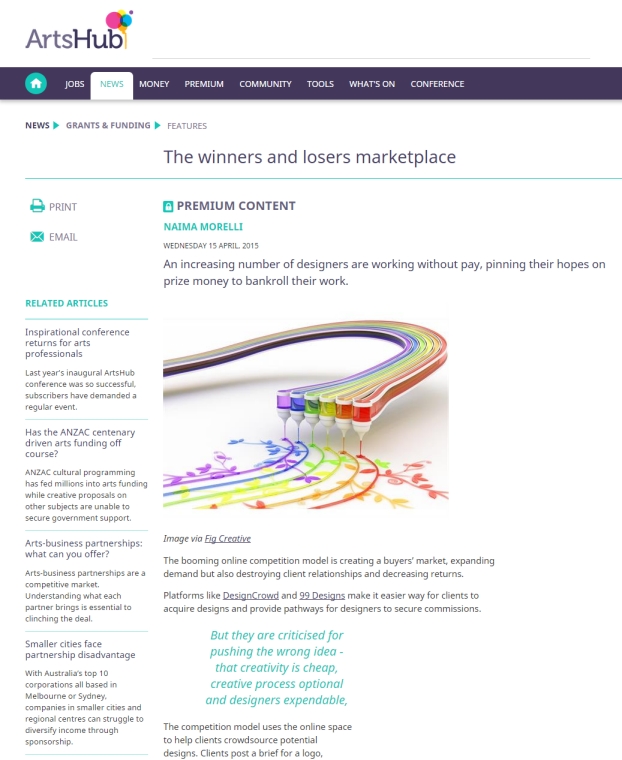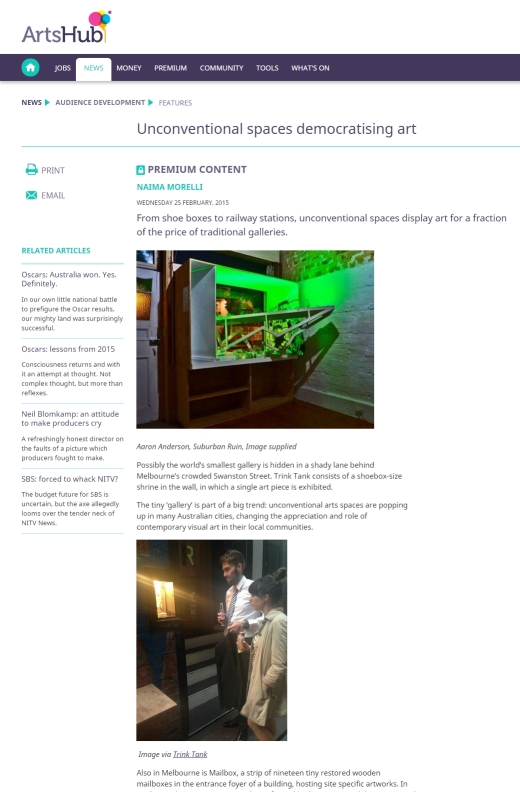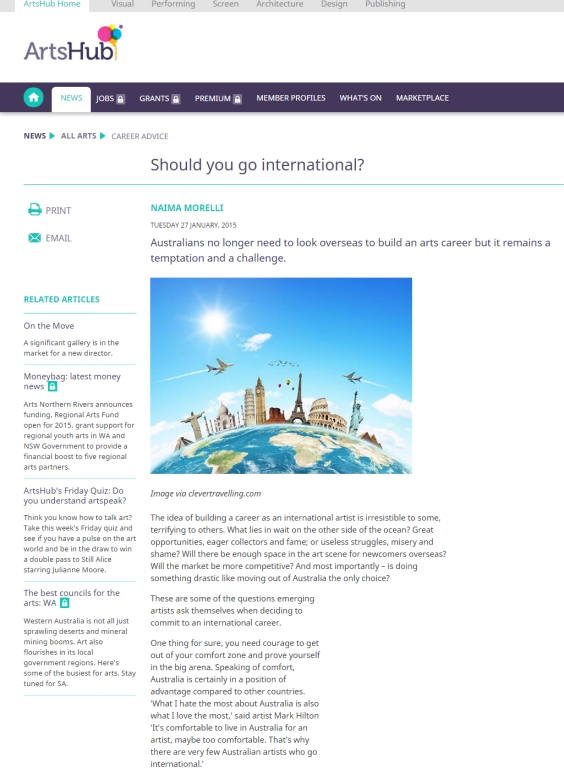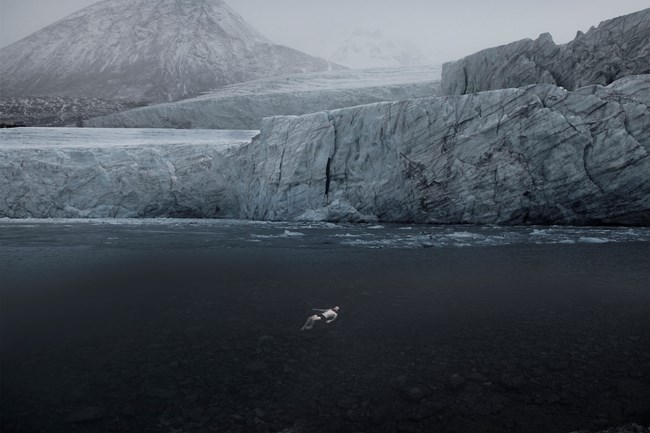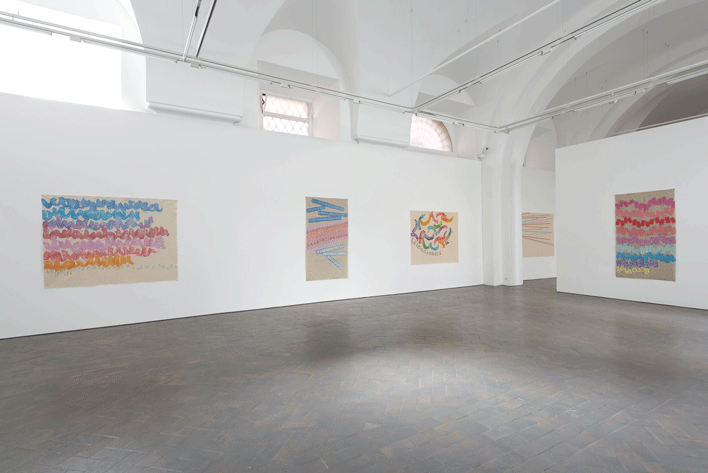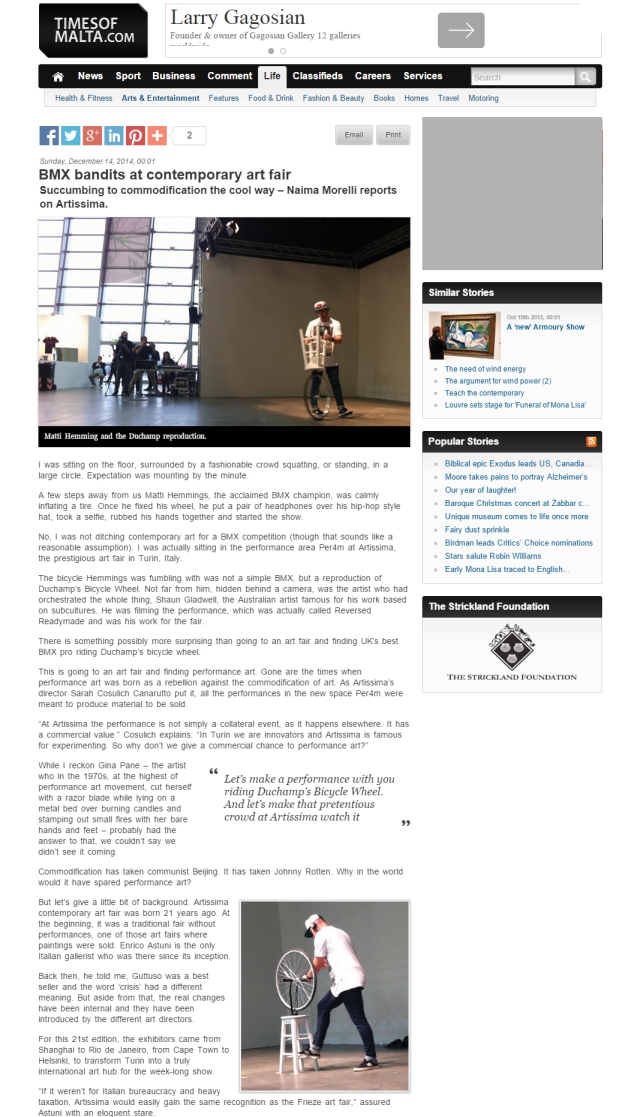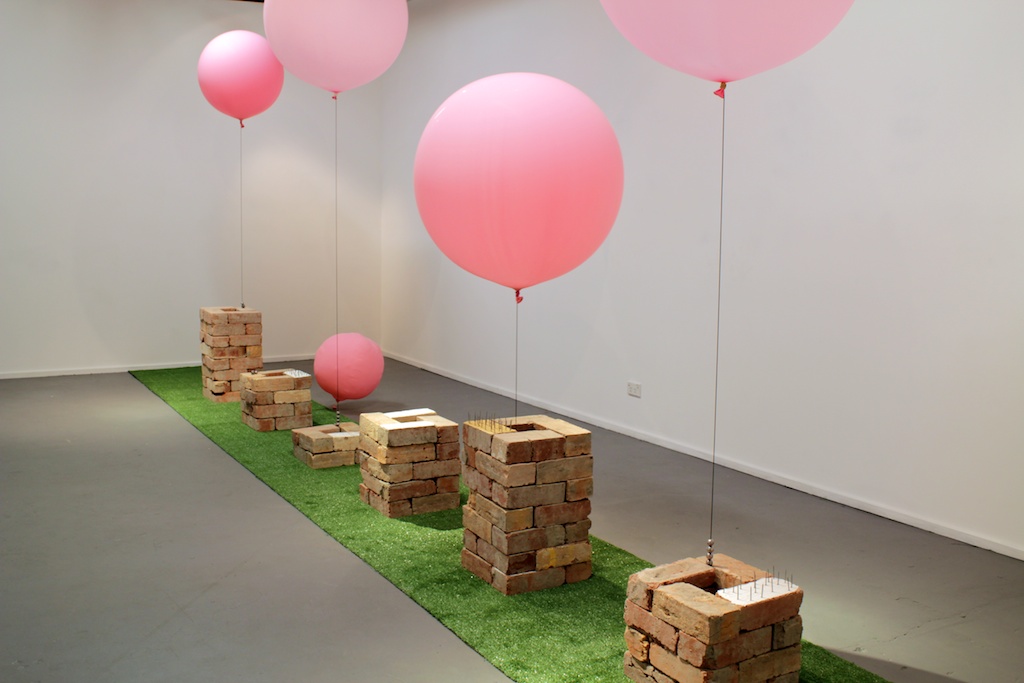
The other day, waiting for the tram, I was lazily browsing through a lifestyle magazine. An ad captured my attention. It said: ‘Don’t you deserve a job you love?’ In the corner of the page was the name of the graphic design school that would ostensibly make such a job possible. The tram arrived. ‘We all want a job we love’, I was thinking (seated next to the typical Melburnian drunk vomiting on the floor) but it feels like it’s the first time in history we can actually think of deserving that luxury. It’s no mystery why; in the last decade, the number of people working in the arts (or associated creative professions) has increased at a much higher rate than general employment. A creative and fulfilling job is one of the great aspirations of the post-Baby Boomer generations.
In the healthy Australian economy this desire does not seem so outlandish, unlike in Europe where, in these times of economic crisis, you are lucky to have a job of any kind. In Australia more and more people are actually working, or studying to work, in the arts industry. Just looking at the people in the tram, aside from the amiable drunkard, everyone under the age of thirty seemed to exude some kind of creative attitude. The pink-haired girl in front of me held a folder of drawings. Two hippie friends near the door carried guitar cases. And a guy at the back of the tram seemed to not have paid his travel fare – which in my Italian hometown is a form of art as well, especially if you manage to not get caught.
Read More
